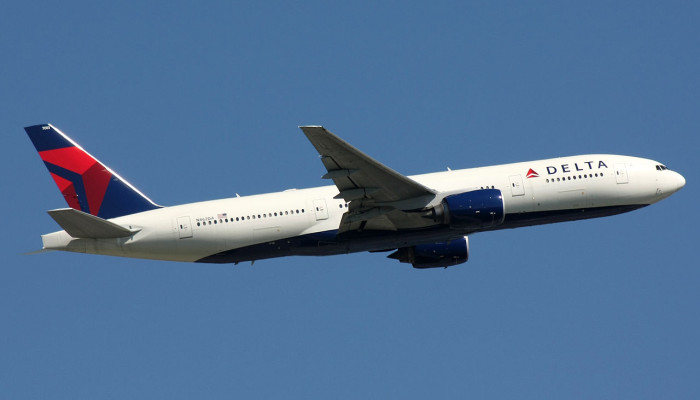Delta is one of the largest airlines in the world. That’s what makes it an attractive target for trademark infringement. If you want your business to look legitimate, it helps to be associated with Delta. But if you aren’t legitimate and don’t have Delta’s permission to use its brand, you run the risk of getting sued, which is exactly where a group in Florida finds itself.
Delta recently filed a sealed trademark infringement lawsuit against a group of Florida based “trademark pirates” that Delta claims have been using materials with Delta logos and branding to scam people into buying bogus vacation packages. The lawsuit is sealed, which means that the defendant is not immediately named. Delta hopes by not naming the group it will be able to prevent them from destroying incriminating evidence. Delta is pursuing a federal raid to obtain the counterfeit materials. If the defendants are notified too early, the infringers have the chance to destroy marketing materials using unauthorized Delta branding, making it more difficult for Delta to prove infringement.
The lawsuit claims that the company advertises a special relationship with Delta and offers up to 60% off on travel. The company targets consumers both domestically and internationally via fax and other forms of communications. These advertisements mislead consumers into believing there is a real association with Delta. Delta says that this illegal use of its intellectual property harms the company’s brand and is seeking punitive damages. This is an interesting infringement case because it involves direct copying and use of an actual brand. More often, trademark infringement cases involve at least some difference between the infringing brand and the actual brand. Typically a mark is not copied exactly but is similar enough that it confuses consumers into believing there is some connection between the two products or companies.
This, however, appears to be a classic case of counterfeiting. A claim for trademark counterfeiting can be pursued under federal law using the Lanham Act. A “counterfeit” trademark is defined under federal law as a “spurious mark which is identical with, or substantially indistinguishable from, a registered trademark.” Classic trademark counterfeiting commonly involves an unauthorized third party providing a product or service that is made to imitate a product or service of the victim, including the victim’s trademark, so that consumers are deceived into purchasing what they believe is the victim’s product or service.
Regardless of the type of infringement, it is important to protect your brand. Any type of infringement can damage your company’s reputation even if by merely diluting the strength of your brand identity. If you have questions about the trademark process or are ready to file a trademark application, please contact the trademark attorneys at Trademark Access. Let our experience protect your valuable brand.

